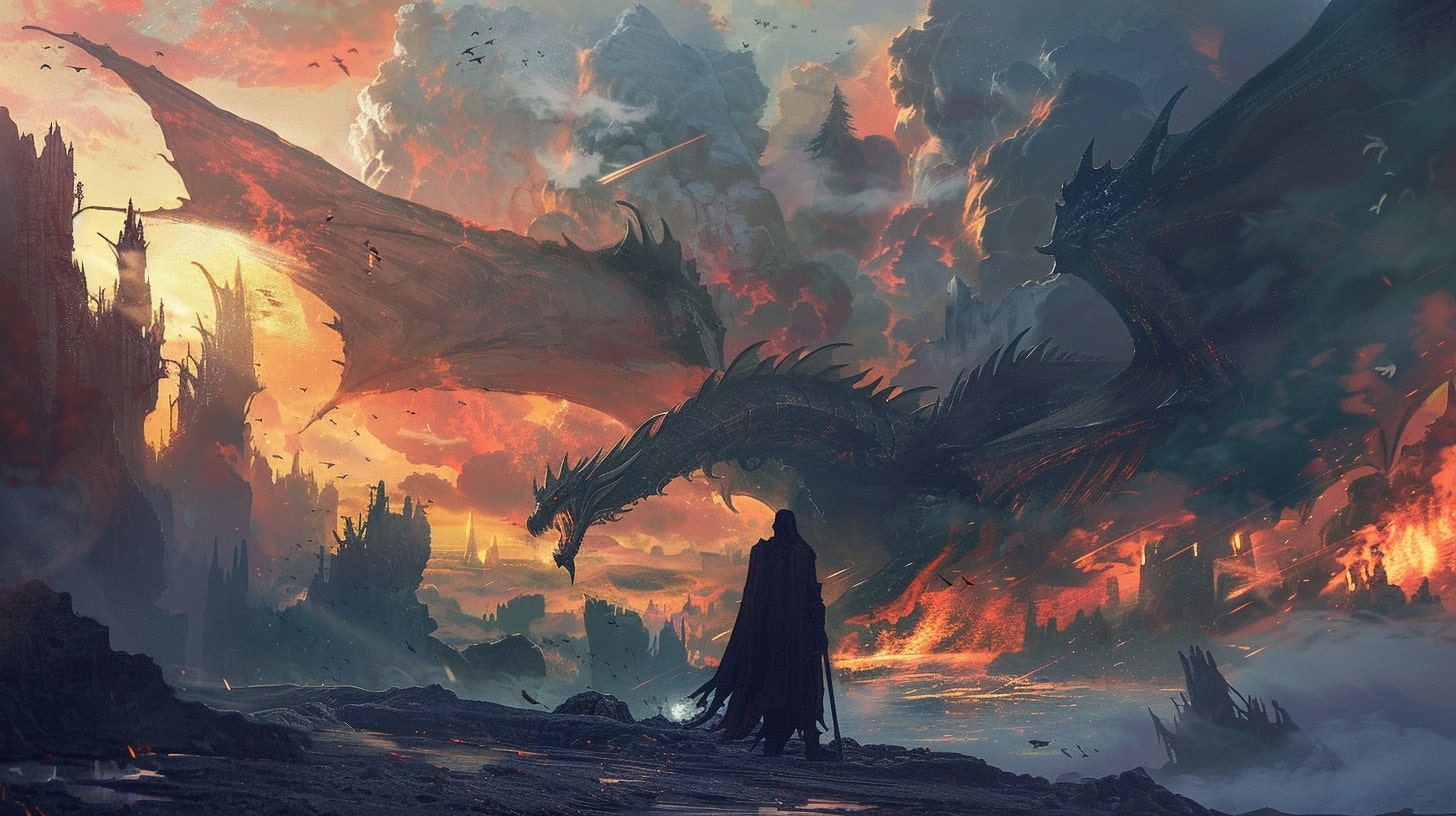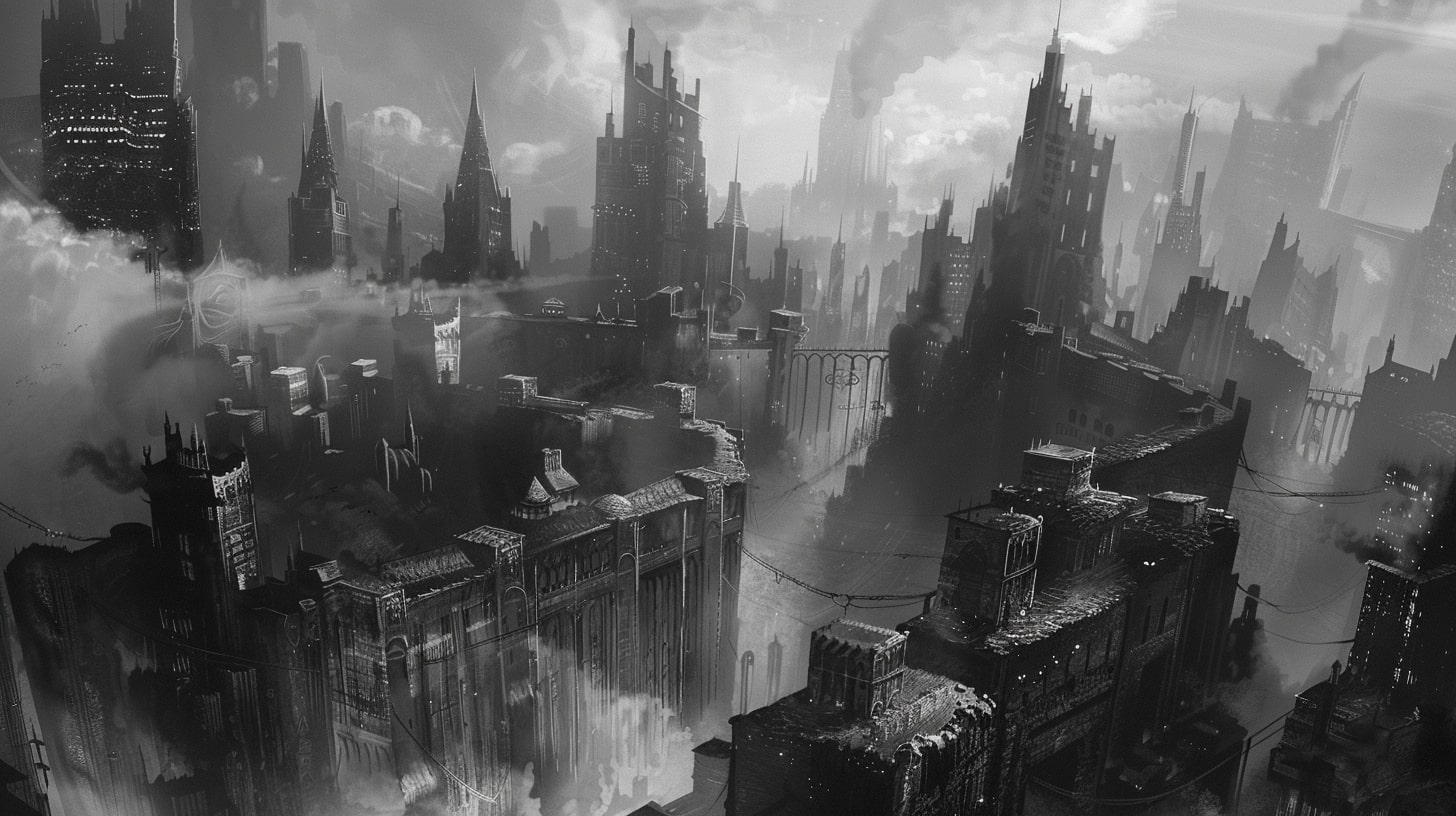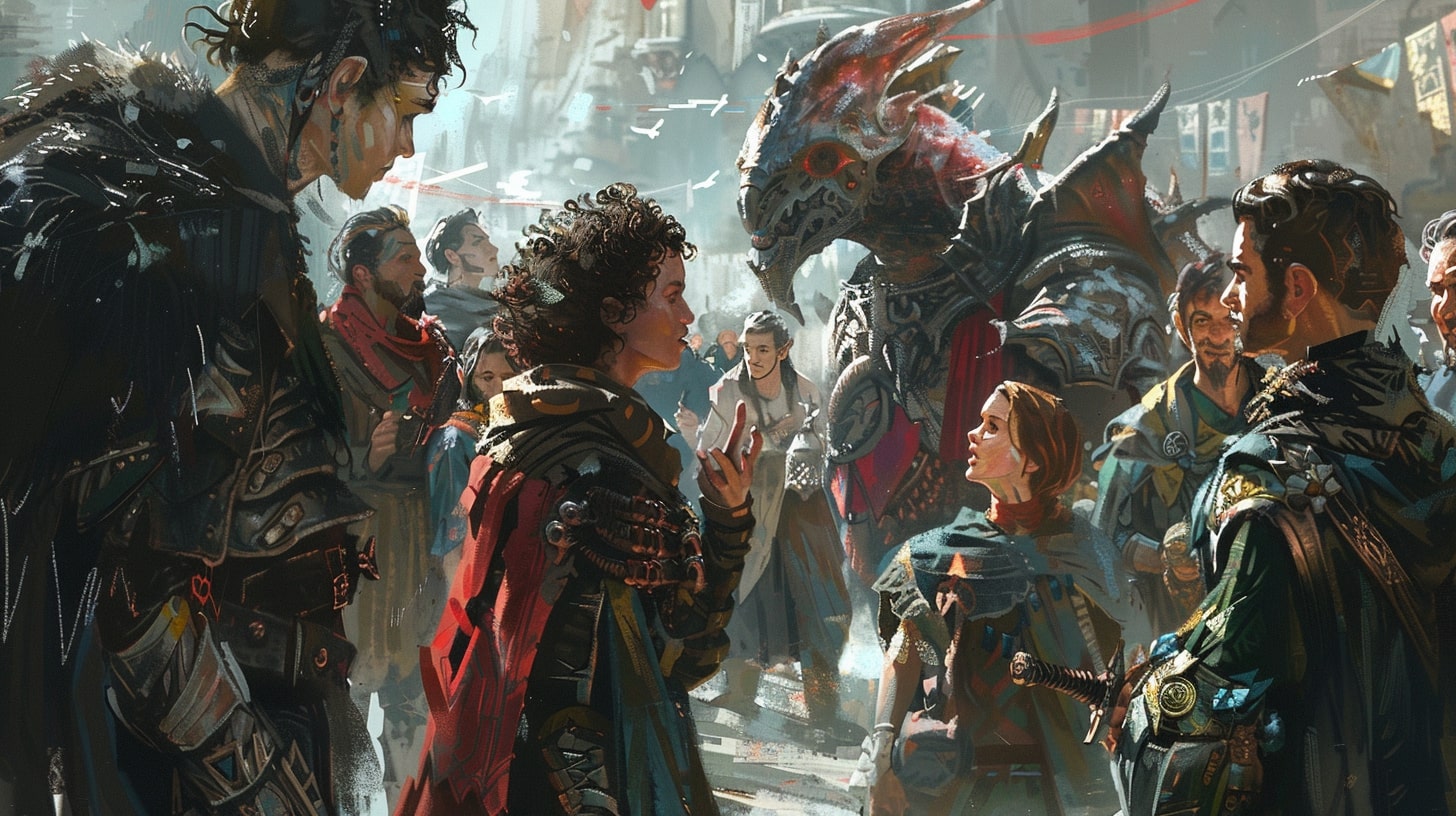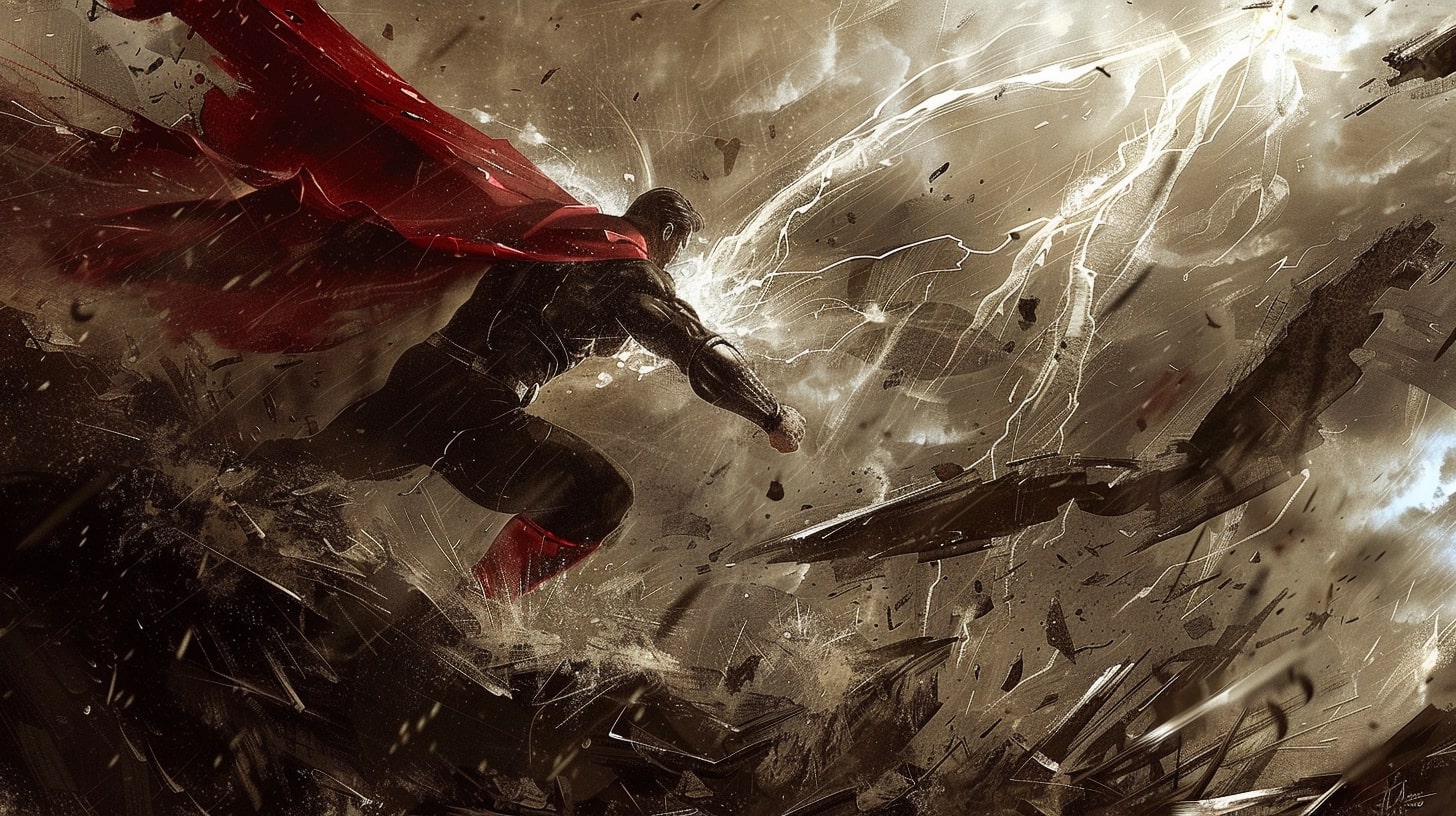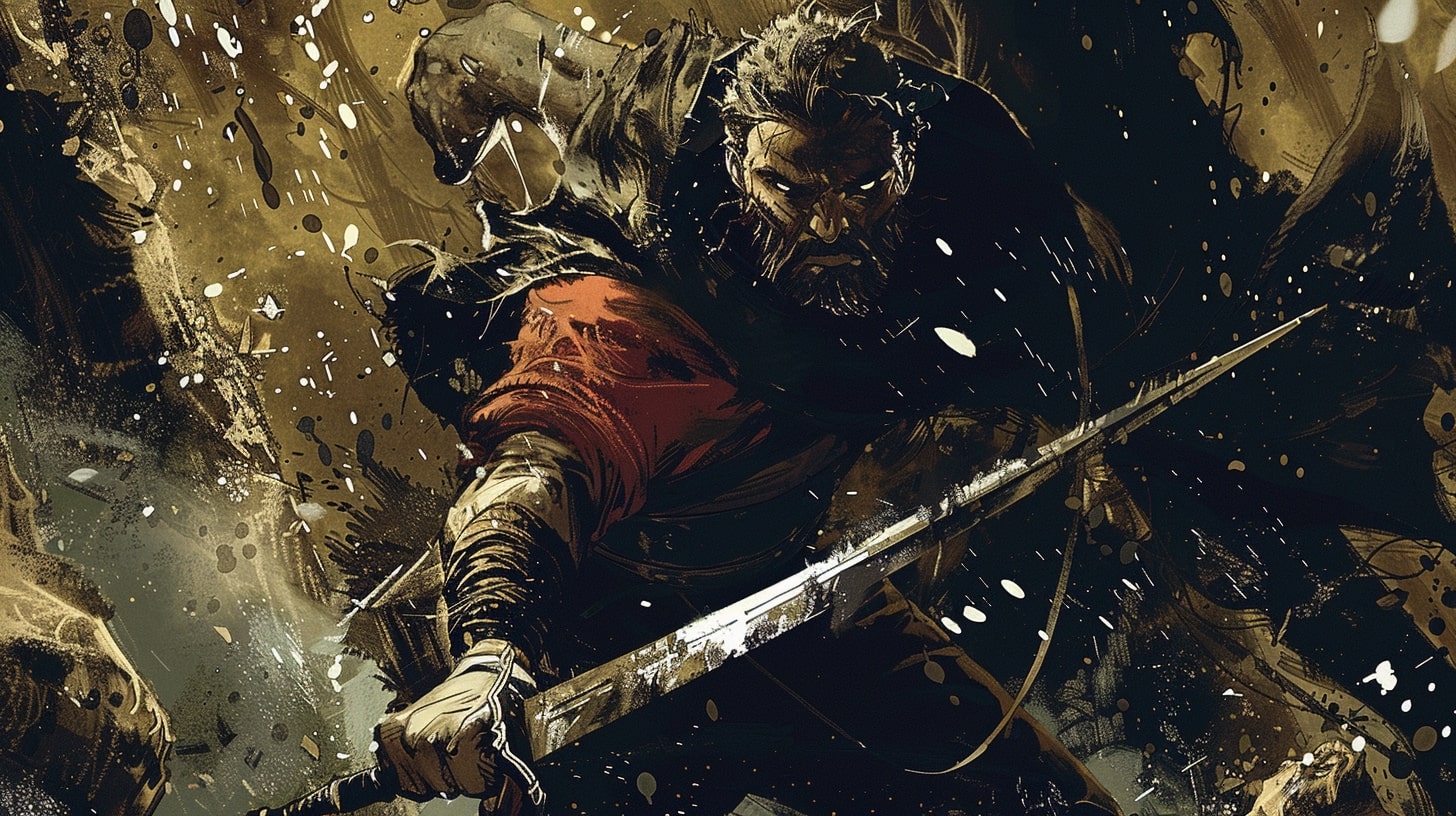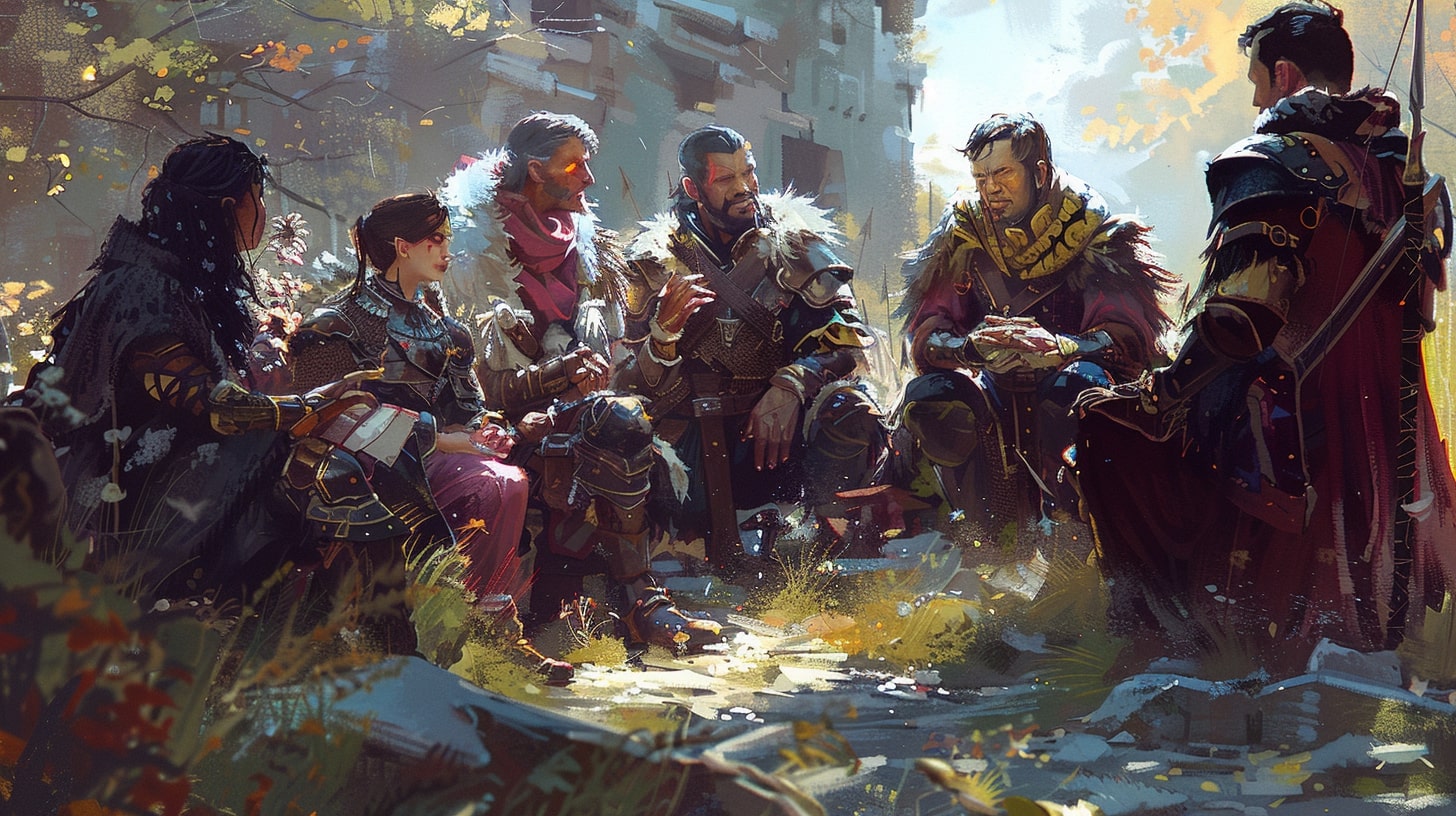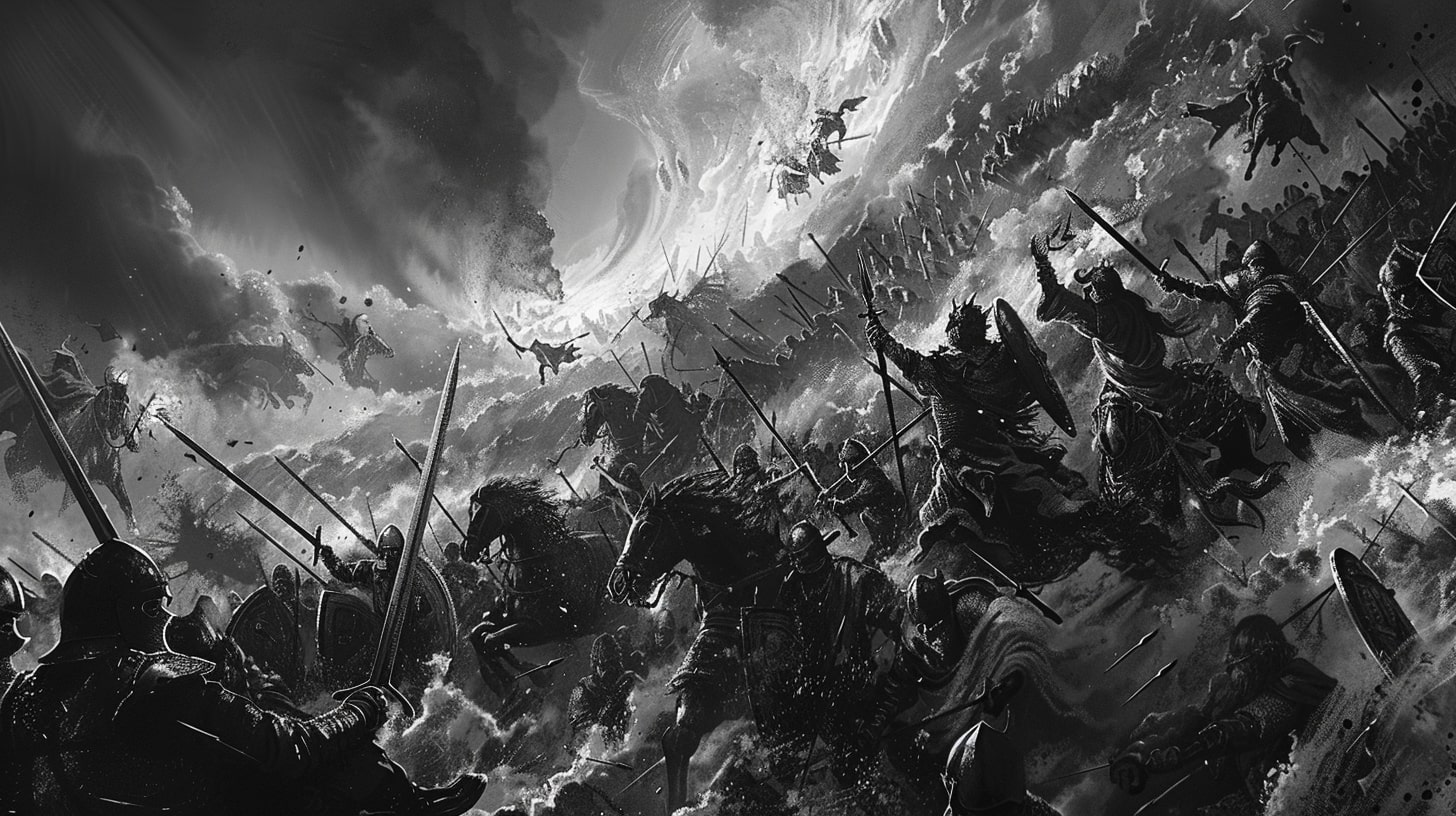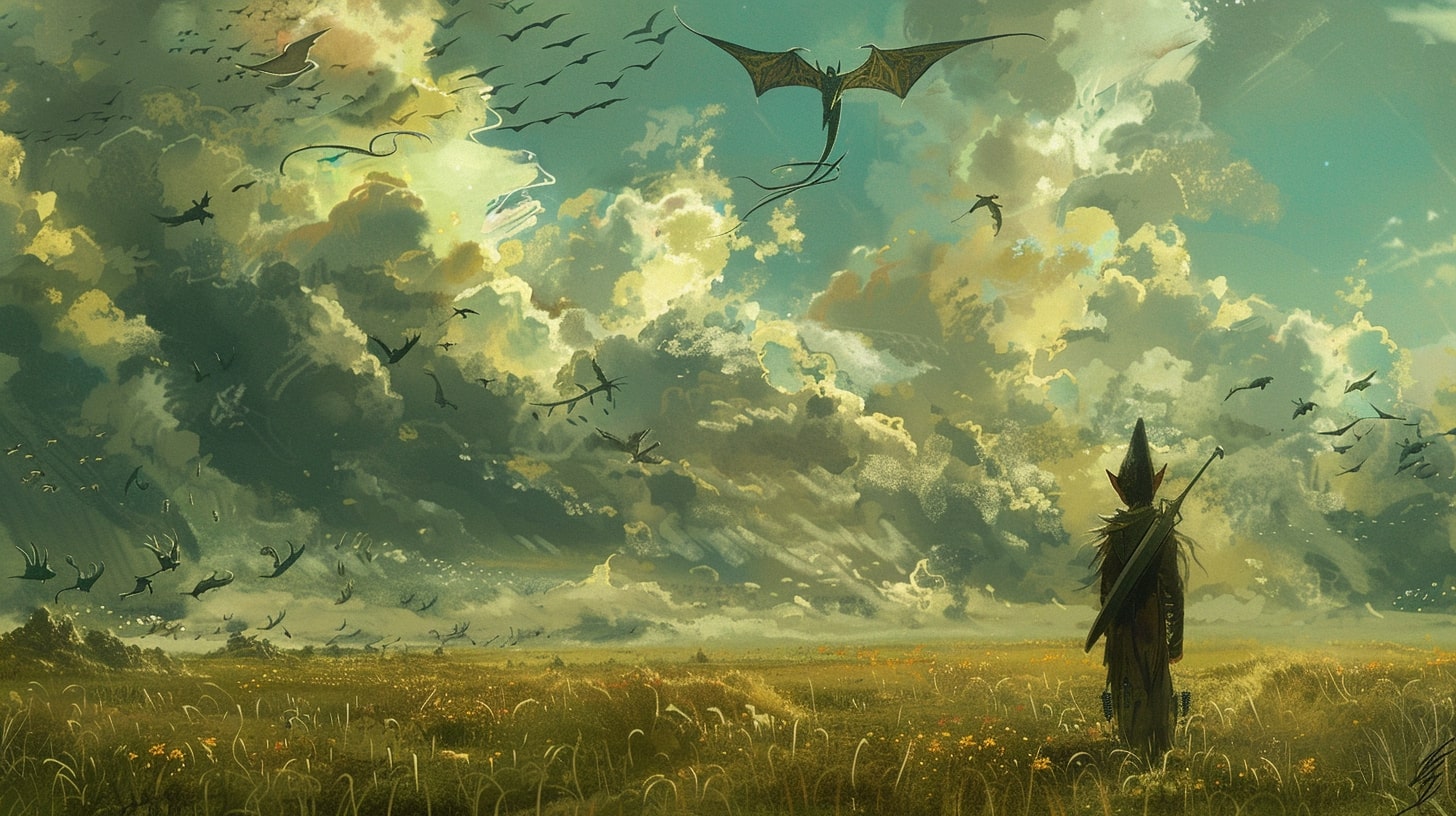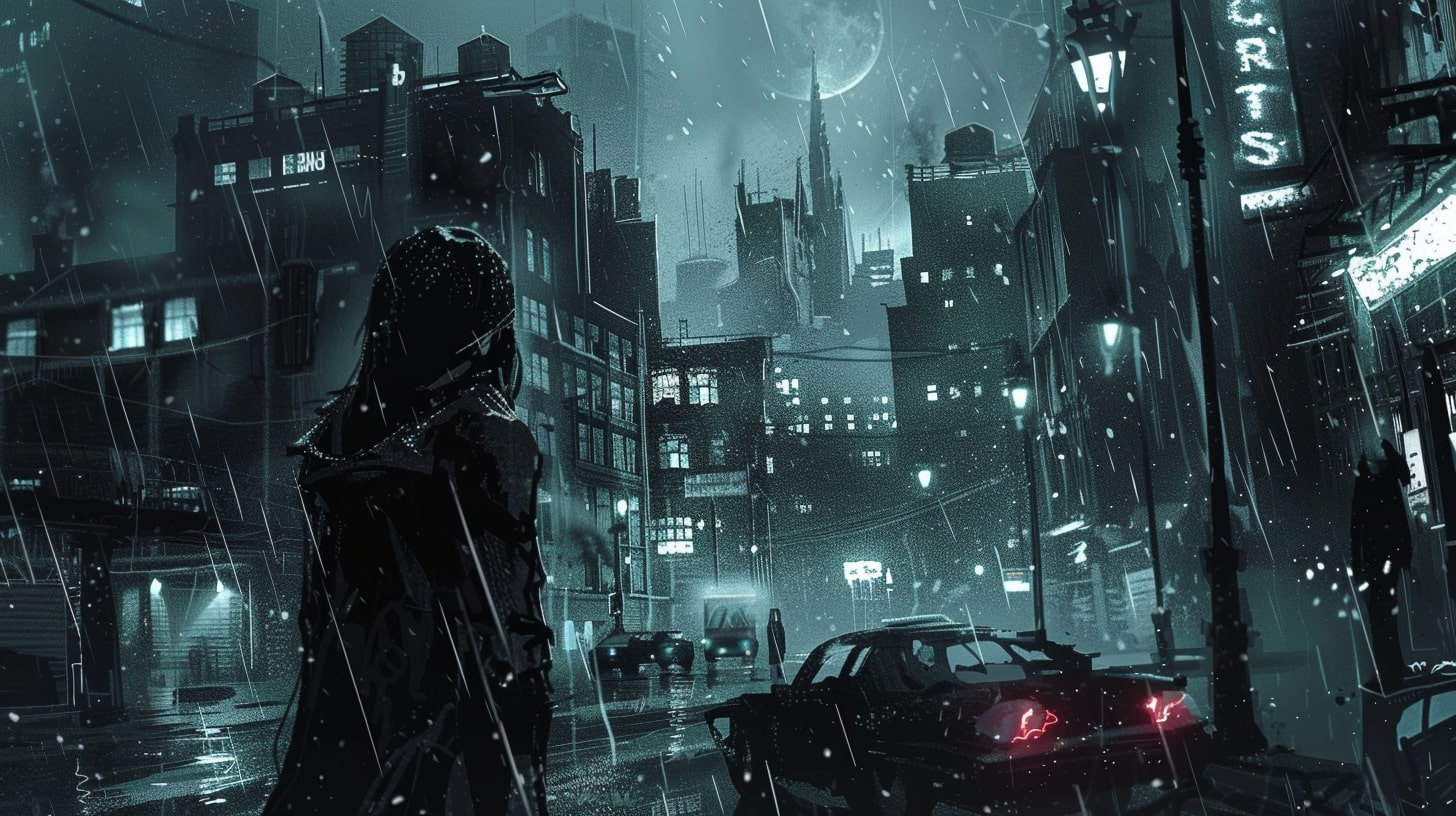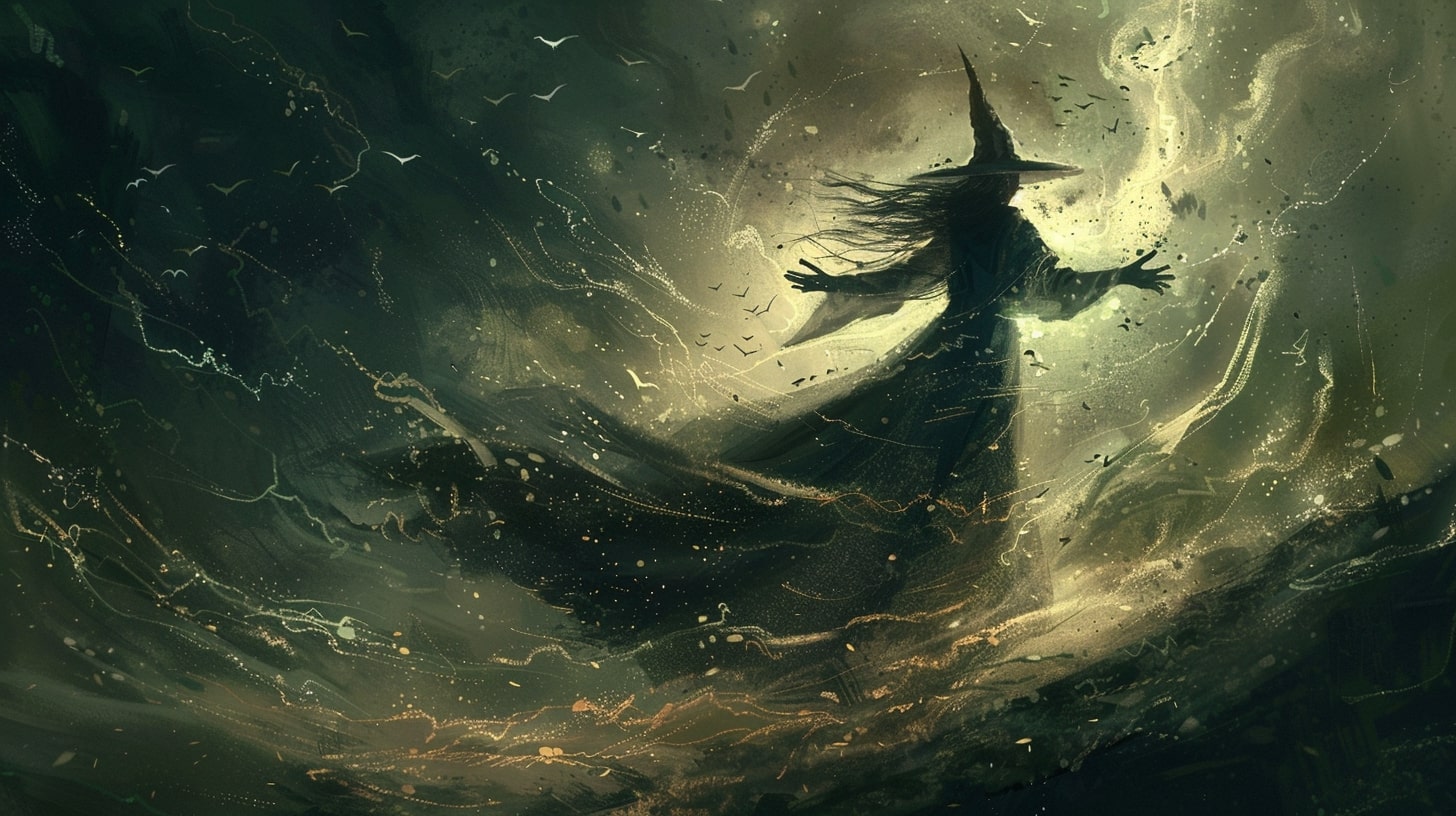Look, I’ve read enough stories where the hero conveniently forgets they can teleport right when the bad guy shows up. We’ve all been there, rolling our eyes as characters mysteriously lose access to powers they mastered three chapters ago. It’s enough to make you want to throw the book across the room.
But here’s the thing about progressive fantasy—it respects your intelligence. It gets that you’re paying attention. You know what the character learned last chapter, and guess what? They remember too.
Progressive fantasy is that rare breed of storytelling where characters actually grow. Not just in those special “level-up” moments when the plot demands it, but consistently, meaningfully, and—here’s the kicker—permanently. Each lesson sticks. Every skill builds on the last one. Just like real life, minus the dragons (unfortunately).
Think about it. When you learned to ride a bike, you didn’t wake up the next morning having to relearn everything from scratch. Your muscles remembered. Your brain kept that knowledge. Progressive fantasy works the same way. Characters keep what they learn, build on their experiences, and face new challenges with their full toolkit available.
That’s what we’re diving into today. We’re going to explore why this approach to fantasy writing isn’t just refreshing—it’s revolutionary. Whether you’re a die-hard fantasy reader tired of convenient amnesia or a writer looking to craft more compelling stories, stick around. This is about to get interesting.

The DNA of Progressive Fantasy
Let’s talk about what makes progressive fantasy tick. You know that frustrating moment in traditional fantasy when the protagonist faces the exact same challenge they overcame three books ago, but somehow they’ve forgotten all their skills? That’s exactly what progressive fantasy said “nope” to.
Breaking Free from the Reset Button
Traditional fantasy has this annoying habit of hitting the reset button whenever things get too easy for our heroes. Suddenly that fire spell they mastered? They can’t quite remember the words. That sword technique they spent months perfecting? Butterfingers time. It’s like watching a video game character lose all their power-ups at the start of a new level.
Progressive fantasy throws that tired old playbook out the window. Instead, it builds something way more interesting.
What Makes Progressive Fantasy Different
First up, your characters actually remember what they learned yesterday. Wild concept, right? But it goes deeper than that. Every skill they master becomes a permanent part of their toolkit. That fire spell they learned in chapter one? Still burning bright in chapter twenty.
But here’s where it gets really good. These skills don’t just stick around—they stack. That basic shield spell combines with that fire manipulation technique to create something entirely new. Your character’s growth feels earned because it is earned. No convenient power-ups when the plot demands it, no mysterious amnesia when things get too easy.
The Four Pillars of Progress
Progressive fantasy stands on four solid foundations that make it work:
- Skills That Stack
Your character learned to throw a fireball? Great. Now they can learn to control its temperature, shape it into different forms, or combine it with other elements. Each new skill builds on what came before. - Consistent Power Systems
The magic or power systems have clear rules that don’t bend just because the plot needs them to. If something’s impossible in chapter one, it better still be impossible in chapter twenty unless your character has clearly earned the ability to do it. - Real Consequences
Actions leave lasting marks on both the world and the characters. That epic battle from book one? Your character still feels it in their sword arm. They’ve learned from it, adapted because of it, grown through it. - Meaningful Growth
Characters don’t just get stronger—they get smarter, more strategic, more resourceful. They learn from their mistakes and actually apply those lessons moving forward.
Why This Matters
Here’s the thing about progressive fantasy—it mirrors how we actually grow and learn in real life. Think about anything you’ve ever gotten good at. Maybe it’s cooking, maybe it’s coding, maybe it’s conquering that one really tough video game. You didn’t suddenly forget everything you learned every time you faced a new challenge. You built on your experience, adapted your skills, and tackled bigger obstacles.
That’s what makes progressive fantasy so satisfying. It respects the time we invest in these characters by showing their journey in a way that feels real and earned. No more convenient power-ups, no more mysterious skill loss, just steady, meaningful growth that keeps readers invested page after page.
And let me tell you, once you’ve experienced a well-written progressive fantasy, it’s hard to go back to stories where characters convenient forget their abilities just when they need them most.

The Building Blocks of Progress
Let’s get into the nuts and bolts of how progressive fantasy actually works. Because trust me, there’s more to it than just having characters remember their skills. It’s about building a framework where growth feels natural, earned, and absolutely satisfying.
Skill Development That Makes Sense
You know what bugs me about traditional fantasy? When characters suddenly master complex abilities after one training montage set to upbeat music. Progressive fantasy takes a different approach. Want to master that legendary sword technique? Better be ready to:
- Start with the basics and actually understand them
- Practice until your muscles ache
- Fail repeatedly and learn from each mistake
- Apply what you’ve learned in real situations
- Build on that foundation for more advanced techniques
It’s like learning any real skill. You don’t jump straight to running before you’ve figured out walking.
Power Systems With Purpose
The best progressive fantasy treats power systems like science. There are rules, limitations, and most importantly, logical progressions. Take Will Wight’s Cradle series. The magic system isn’t just “wave hands, make cool stuff happen.” It’s structured, with clear levels of advancement that each require:
- Understanding of fundamental principles
- Physical and mental conditioning
- Practical application and experimentation
- Integration with previous abilities
- Clear costs and limitations
Knowledge That Sticks
Here’s where progressive fantasy really shines. Knowledge accumulates. That obscure rune your character decoded in chapter three? It might be the key to understanding a whole ancient magic system in chapter thirty. Characters build their understanding like we build expertise in real life—piece by piece, connection by connection.
The Progression Pyramid
Think of character growth in progressive fantasy like building a pyramid. You need:
- A solid foundation of basic skills
- Each new layer supported by what’s below
- Broader understanding as you go higher
- Integration between different abilities
- Room to keep growing
Real Learning Curves
The best progressive fantasy understands that learning isn’t a straight line. Sometimes characters:
- Hit plateaus where progress seems impossible
- Have breakthrough moments that change everything
- Struggle to integrate new abilities with old ones
- Find unexpected applications for basic skills
- Need to unlearn bad habits to move forward
Making It All Work Together
Here’s what makes progressive fantasy so satisfying—everything connects. That basic fire spell from the beginning? It becomes part of complex combat techniques. The simple healing ability? It evolves into understanding the fundamental nature of life force. Nothing gets left behind or forgotten.

The Reality Check
But here’s the thing—good progressive fantasy doesn’t just hand out power-ups like candy. Every advancement comes with:
- Real costs and sacrifices
- New responsibilities
- Fresh challenges
- Deeper understanding
- Bigger consequences
It’s this combination of consistent growth and realistic challenges that keeps readers invested. We’re not just watching characters get stronger—we’re seeing them grow smarter, more capable, and more interesting with every page.
And that’s what makes progressive fantasy so addictive. When it’s done right, you feel like you’re growing alongside the character, understanding their journey because it mirrors how we all learn and improve in real life. Just with more magic. And maybe dragons.
What Progressive Fantasy Gets Right
Let me tell you why progressive fantasy hits different. Remember that feeling when you finally mastered something you’d been struggling with forever? That rush of accomplishment, that sense of “I actually did it”? Progressive fantasy bottles that feeling and serves it up page after page.
The Sweet Taste of Earned Power
Look, we all love a good power fantasy. But you know what’s better than watching a character suddenly become overpowered? Watching them earn every single bit of their strength. Progressive fantasy understands this deep in its bones.
When your character finally masters that impossible technique, you’re not just reading about it—you’re celebrating with them. Because you were there:
- When they failed the first hundred times
- When they couldn’t even get the basics right
- When they pushed through despite wanting to quit
- When they had that breakthrough moment
- When it all finally clicked
Growth That Feels Real
Ever notice how the best progressive fantasy mirrors actual learning? Take Andrew Rowe’s Arcane Ascension series. Characters don’t just level up—they study, experiment, and sometimes fail spectacularly. They:
- Build on their foundations
- Make connections between different skills
- Learn from their mistakes
- Apply old knowledge to new problems
- Actually remember their lessons

The Problem-Solving Thrill
Here’s where progressive fantasy really shines. When characters face challenges, they don’t just pull new powers out of thin air. They use everything they’ve learned in creative ways. It’s like watching someone solve a complex puzzle using tools they’ve gathered over time.
The Satisfaction of Seeing It All Connect
Good progressive fantasy creates these amazing moments where everything clicks together. That random skill from book one combines with that weird technique from book two to create something entirely new in book three. And it all makes perfect sense because you’ve been there for the whole journey.
Why Readers Can’t Get Enough
Progressive fantasy taps into something fundamental about how we view growth and achievement. It gives us:
- Clear progression we can track
- Victories that feel earned
- Challenges that feel fair
- Characters who grow smarter, not just stronger
- Worlds that make consistent sense
The Joy of Recognition
There’s this special moment in progressive fantasy when you spot what’s coming before the character does. Not because the writing is predictable, but because you’ve learned alongside them. You understand their capabilities so well that you can see the solution they’re about to discover. It’s like being in on the secret.
The Payoff That Keeps Paying
But here’s the real magic—progressive fantasy keeps delivering. Each achievement isn’t just a one-time high. It becomes part of the character’s toolkit, something they can use and build on moving forward. Every victory matters because it literally changes what’s possible in the story.
Why It Sticks With You
The best progressive fantasy stays with you long after you finish reading because:
- The character’s journey feels authentic
- The growth makes logical sense
- The achievements feel earned
- The progress feels permanent
- The world follows consistent rules
And maybe most importantly, it reminds us of a fundamental truth—real growth isn’t about sudden breakthroughs or magical transformations. It’s about consistent effort, building on what you know, and pushing just a little further each time.
That’s what progressive fantasy gets right. It takes all the magic and wonder of fantasy and grounds it in something real—the satisfaction of genuine growth and earned achievement. No wonder we can’t get enough of it.

Common Pitfalls and How to Dodge Them
Let’s get real for a minute. Writing progressive fantasy is like juggling while riding a unicycle—there’s a lot that can go wrong. But don’t worry. I’m about to show you how to navigate these tricky waters without falling in.
The Power Problem
First up, we need to talk about power creep. You know that moment when your character is so powerful they could sneeze and accidentally destroy a mountain? Yeah, that’s the fastest way to kill tension in your story. The trick isn’t to keep piling on new abilities—it’s about making each power come with interesting limitations and costs. Make your character think twice before using their strongest abilities. Give them reasons to be clever instead of just powerful.
Beyond the Training Montage
We all love a good training montage, but if your entire book is just “and then they trained harder,” you’re missing the point of progressive fantasy. Training scenes should reveal character, build relationships, and set up future challenges. They shouldn’t be your story’s main course—they should be the seasoning that makes everything else taste better.
The Memory Game
Here’s a tricky balance—while we want characters to remember their abilities, having them perfectly recall everything ever can feel as unrealistic as having them forget everything convenient to the plot. Real skills get rusty. Complex techniques take concentration. Stress affects performance. Use these natural limitations to create tension without breaking your progression system.
Stakes and Consequences
When your character keeps getting stronger, it can be hard to maintain tension. The solution isn’t to throw bigger monsters at them—it’s to create challenges that raw power can’t solve. Personal stakes often hit harder than physical ones. Moral dilemmas can’t be blasted away with fireballs. Time limits don’t care how strong you are.
The Complexity Trap
The deeper you get into your progression system, the more complicated it can become. Pretty soon you need a spreadsheet just to keep track of what’s possible. But here’s the thing—complexity isn’t depth. The best systems are like icebergs—simple on the surface, with depth hidden underneath. Build from basic principles that readers can understand intuitively.
The “Just Train Harder” Myth
Not everything should be solvable just because someone trained harder. Some problems need different approaches. Sometimes the answer isn’t more power—it’s using what you have more creatively. Sometimes it’s working with others. Sometimes it’s knowing when not to use your powers at all.
Finding the Balance
Here’s the truth about handling these pitfalls—it all comes down to remembering what makes stories compelling in the first place. Progressive fantasy works best when it remembers that it’s telling a story first and showcasing a progression system second.
The best progressive fantasy isn’t about creating the most elaborate power system or the strongest character. It’s about crafting a compelling journey that keeps readers invested every step of the way. And sometimes that means letting your character struggle with something they should be good at, not because they forgot how to do it, but because life is messy and skills aren’t perfect. That’s not a plot hole—that’s just being human. Even if your character can shoot fireballs from their fingertips.
The key is keeping your focus on the story you’re telling. Let your progression system serve the narrative, not the other way around. Because at the end of the day, readers might come for the power progression, but they stay for the characters and their journey. Make that journey worth taking.

Crafting Your Own Progressive Fantasy
So you want to write progressive fantasy. Maybe you’ve got a killer magic system in mind, or a character who’s burning to grow beyond their limits. Let me walk you through turning that spark into a story that’ll keep readers up way past their bedtime.
Start With the Heart
Before you dive into crafting intricate power systems or plotting out training arcs, nail down what your story’s really about. The best progressive fantasy has a core that resonates beyond the progression itself. Maybe it’s about proving everyone wrong who said you couldn’t. Maybe it’s about learning when not to use power. Maybe it’s about finding your place in a world that seems too big for you.
Whatever it is, make it personal. Because while readers will show up for the progression, they’ll stay for the heart of your story.
Build Your Sandbox
Your progression system is like a playground for your story. You need to know its boundaries, its rules, and most importantly, what makes it fun to play in. Don’t just think about what’s possible—think about what’s interesting.
The best systems create natural points of conflict. If using magic drains your life force, every power use becomes a meaningful choice. If advancing requires rare resources, you’ve got built-in competition. If abilities have unexpected side effects, you’ve got instant complications.
Character First, Power Second
Here’s something crucial to remember—your character’s personality should drive their progression, not the other way around. Their choices about how to grow, what powers to pursue, what shortcuts not to take—these should all flow from who they are as a person.
A cautious character might progress slower but more thoroughly. An impatient one might rush ahead and deal with the consequences. A creative one might find unusual applications for basic abilities. Let who they are shape how they grow.

Plot Through Progression
Your progression system isn’t just window dressing—it should be woven into the fabric of your plot. Each major story beat should either drive progression or be driven by it. But here’s the key—the progression should complicate the plot as often as it solves problems.
New abilities should create new challenges. Greater power should bring greater responsibilities. Advanced techniques should come with advanced consequences. Let your character’s growth drive the story forward, not just mark time between plot points.
The World Grows Too
One mistake I see a lot? Static worlds in progressive fantasy. If your character is growing in power, the world should respond. Other characters should react to their advancement. Power structures should shift. New opportunities and threats should emerge.
Your world should feel like a living thing that adapts to changes in power dynamics. Because a world that stays the same while characters keep getting stronger quickly starts to feel flat.
Make it Matter
Every bit of progression should matter—not just to your character’s power level, but to the story itself. That new technique they learned? It should come into play in unexpected ways. That fundamental principle they mastered? It should help them understand bigger challenges down the line.
Nothing should be wasted. Even seemingly small advancements should have ripple effects through your story. Because that’s what makes progression satisfying—seeing how each step forward opens new doors and creates new possibilities.

Trust Your Readers
Look, your readers are smart. They’re paying attention. You don’t need to spell out every detail of your progression system upfront. Let them discover it alongside your character. Let them make connections. Let them have those “aha” moments when they figure something out just before your character does.
Some of the best moments in progressive fantasy come from readers putting pieces together themselves. Give them that satisfaction.
Write the Story You Want to Read
At the end of the day, progressive fantasy is about the joy of growth, the thrill of advancement, and the satisfaction of earned achievement. It’s about taking readers on a journey where each step forward feels meaningful and each victory feels deserved.
So write the story that would keep you turning pages late into the night. Create the progression system you’d love to explore. Build the world you want to get lost in. Because if it captures your imagination, chances are it’ll capture your readers’ too.
Remember, progressive fantasy isn’t just about getting stronger—it’s about growing in every sense of the word. Make that growth meaningful, make it earned, and most importantly, make it matter to the heart of your story. Because that’s what turns a good progressive fantasy into one readers can’t put down.





